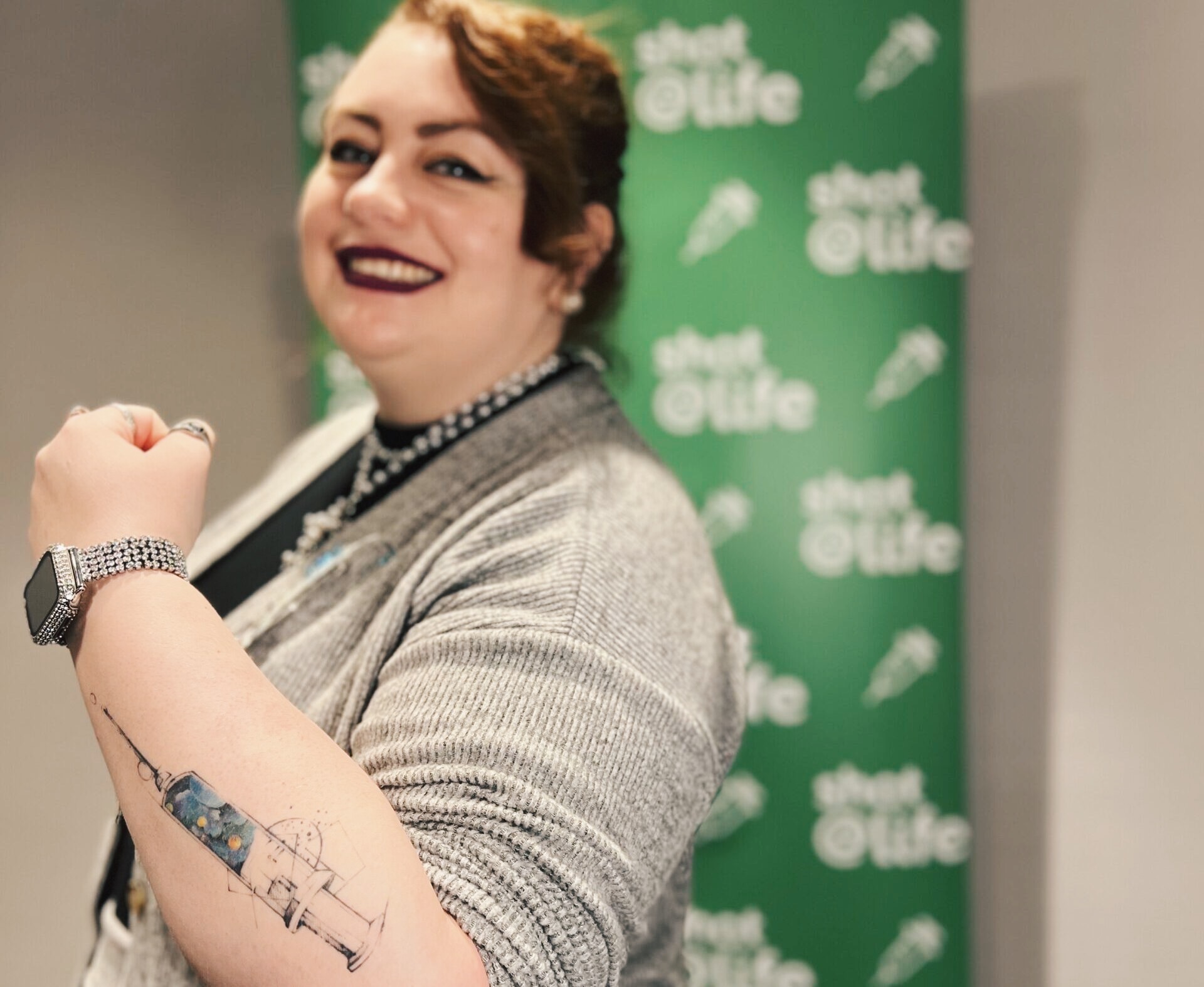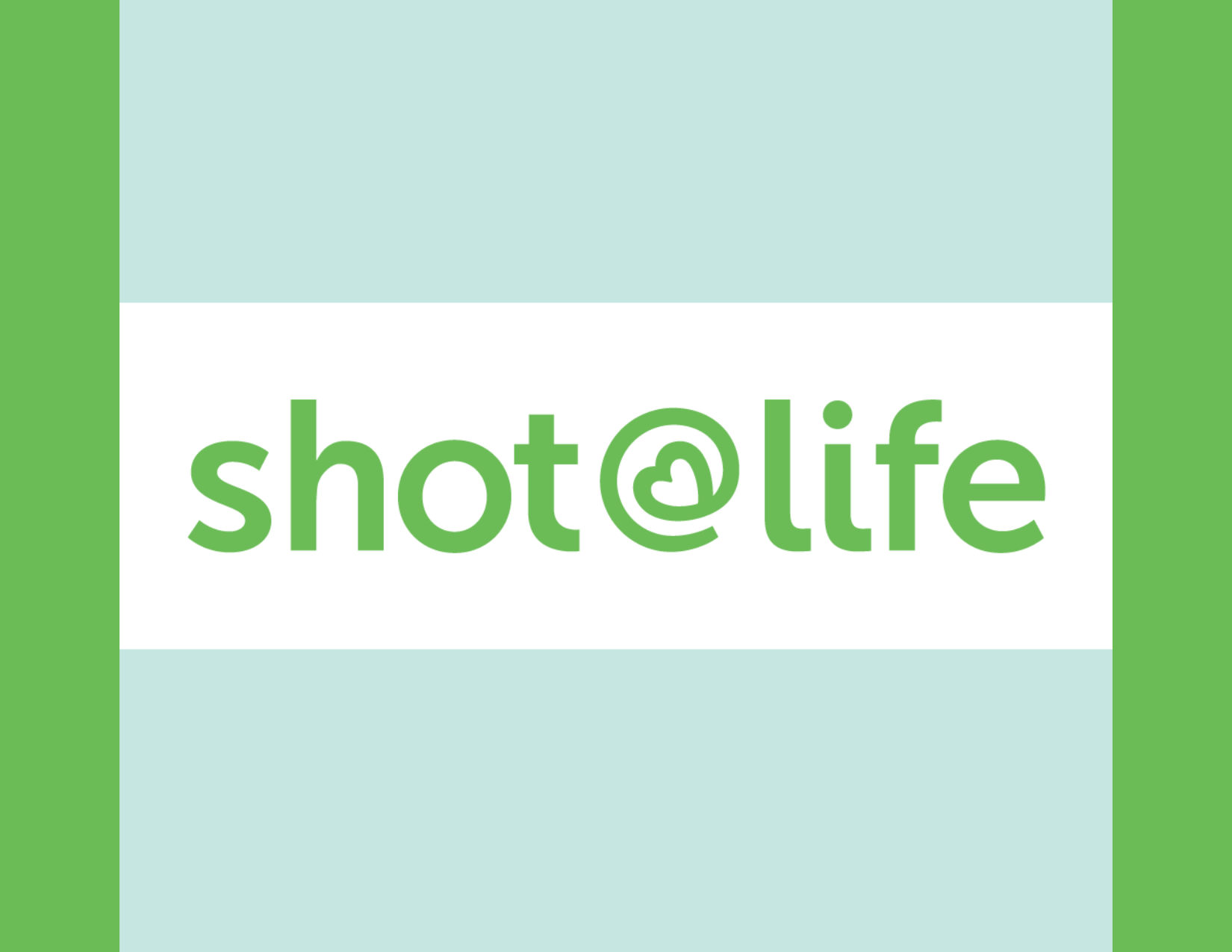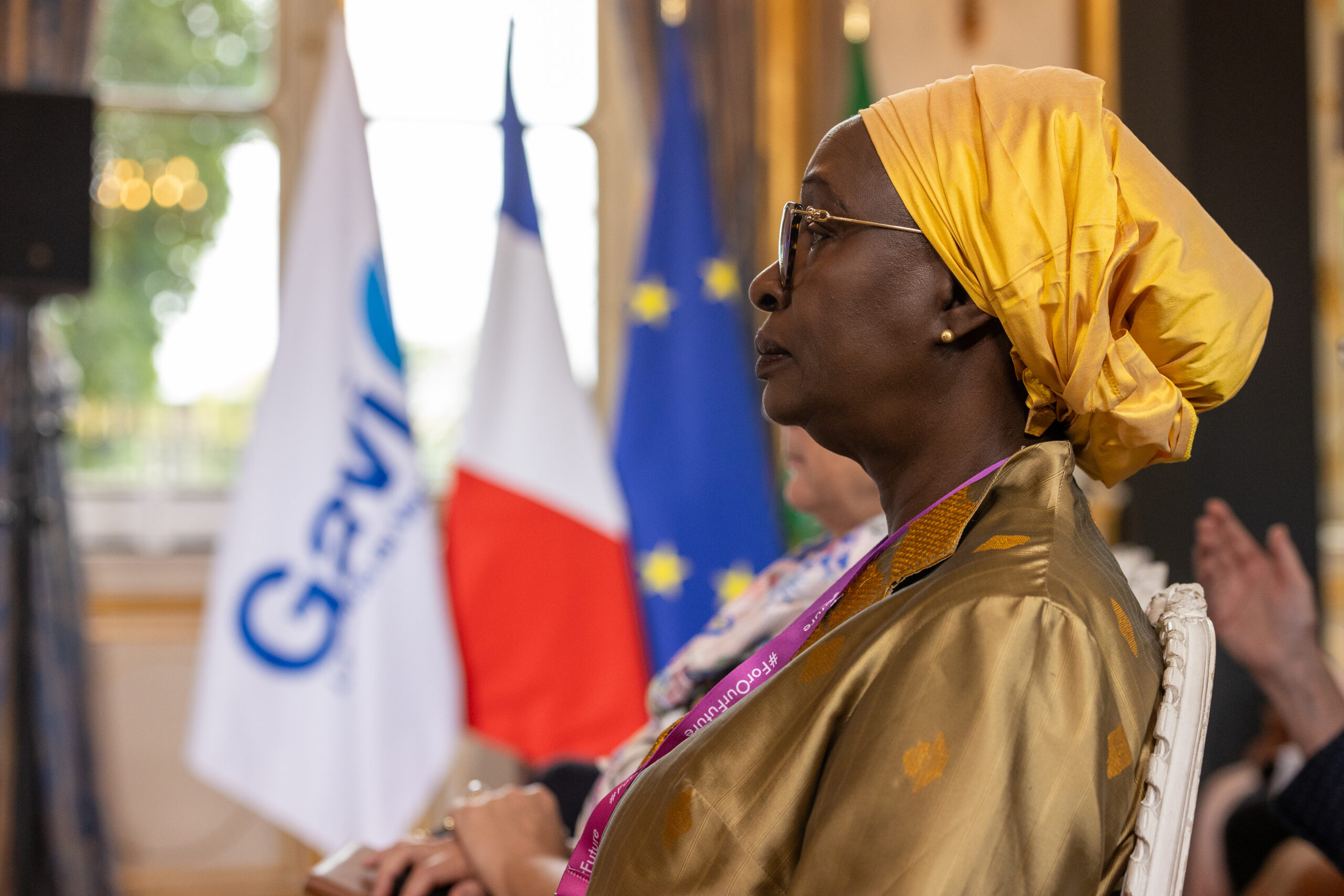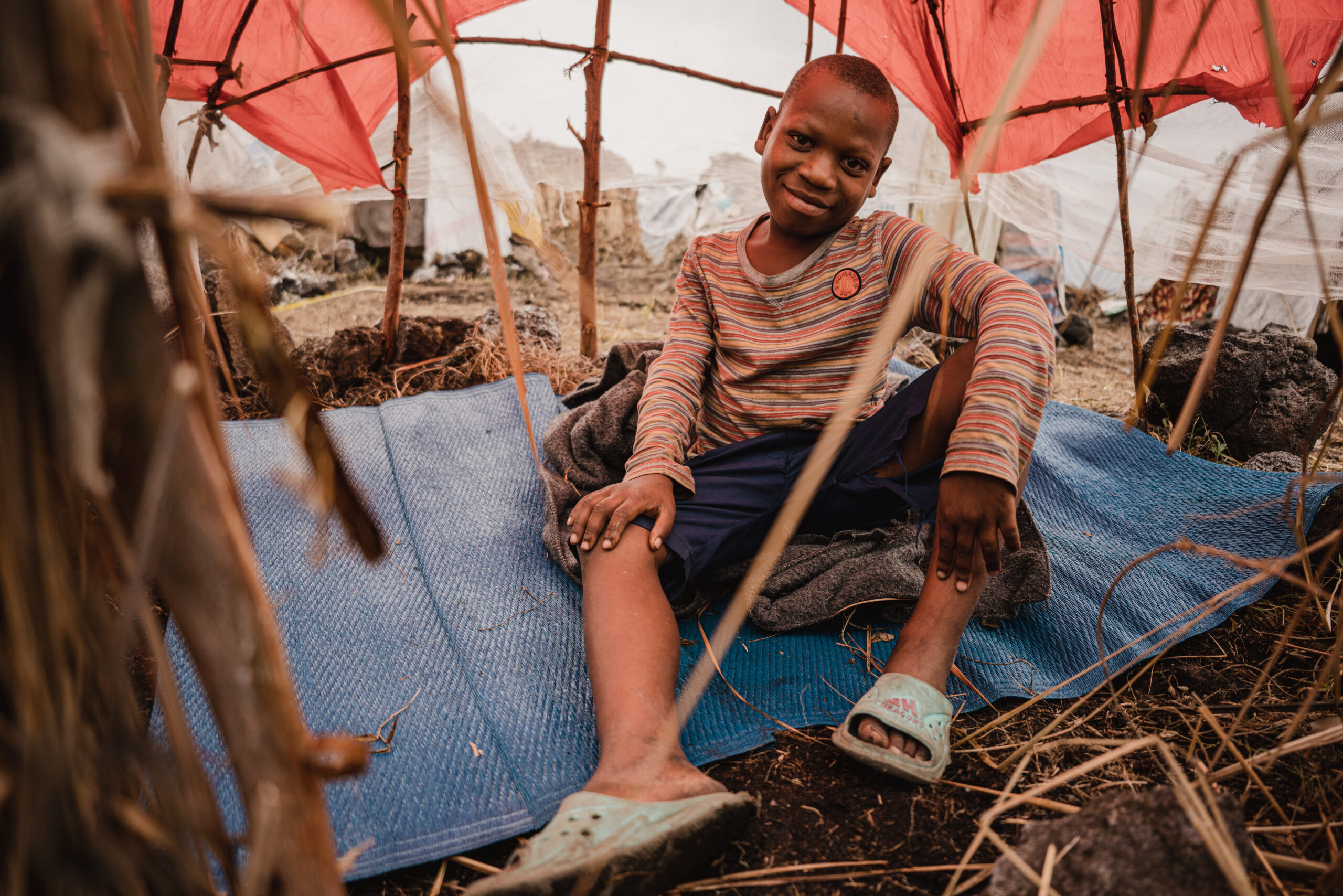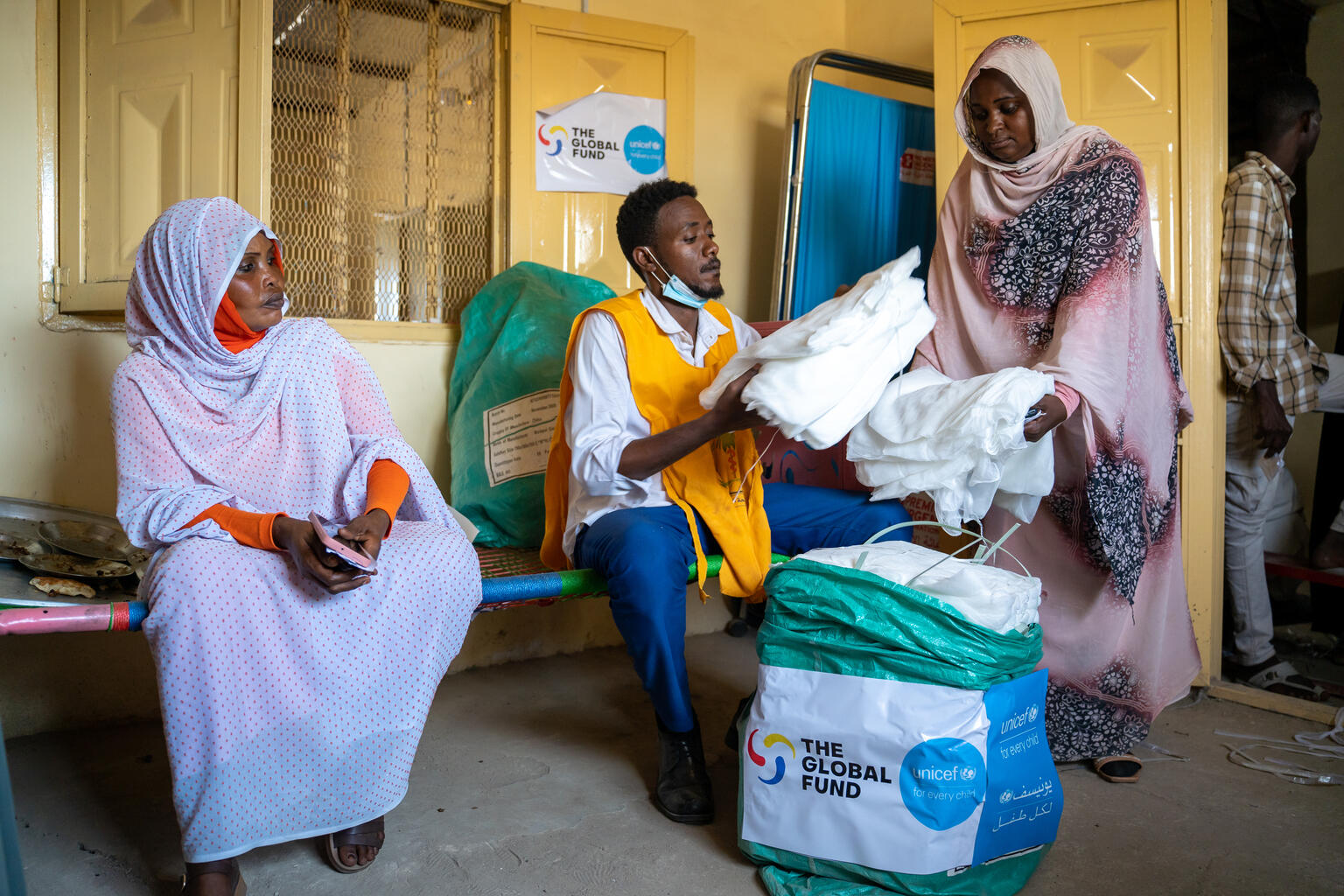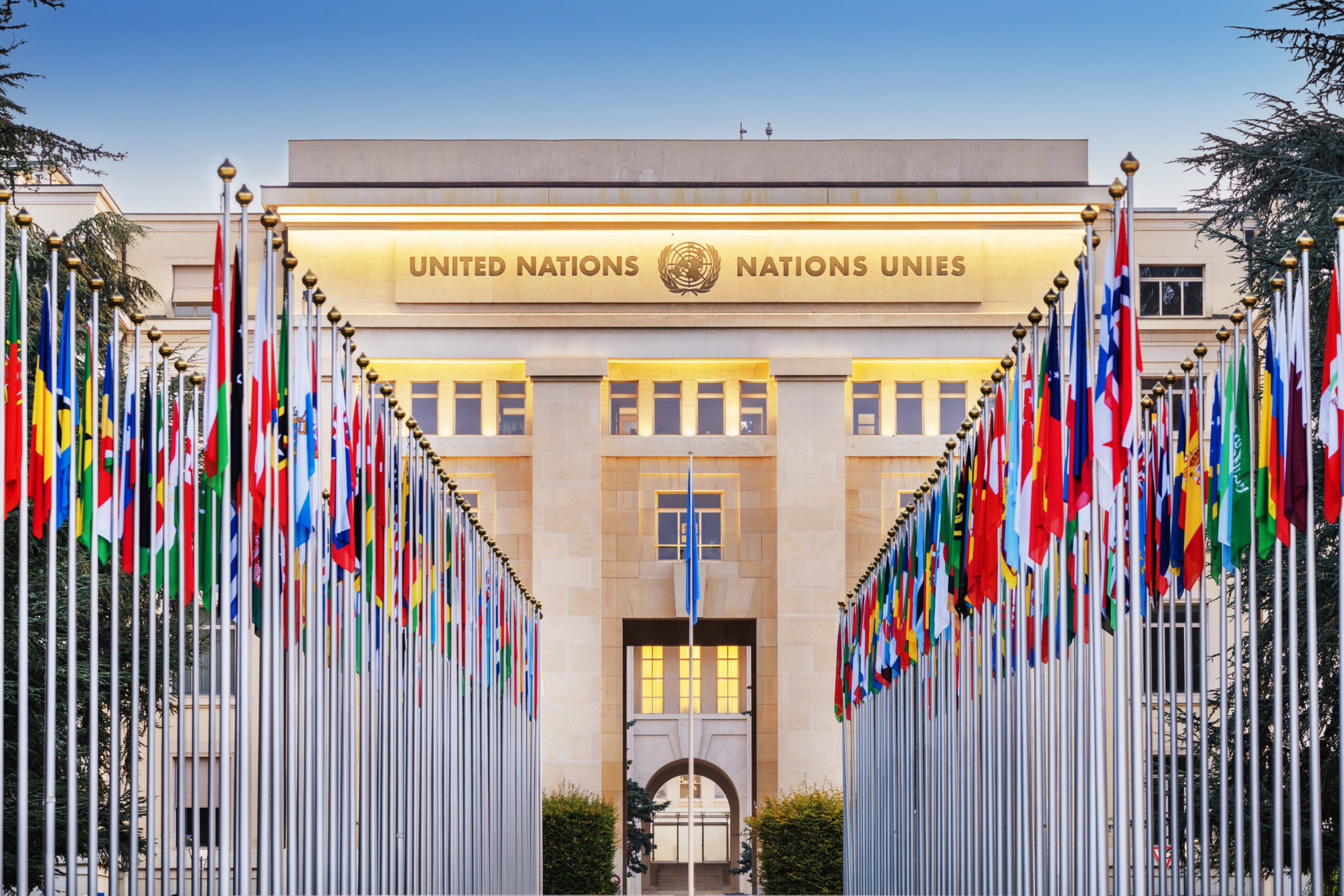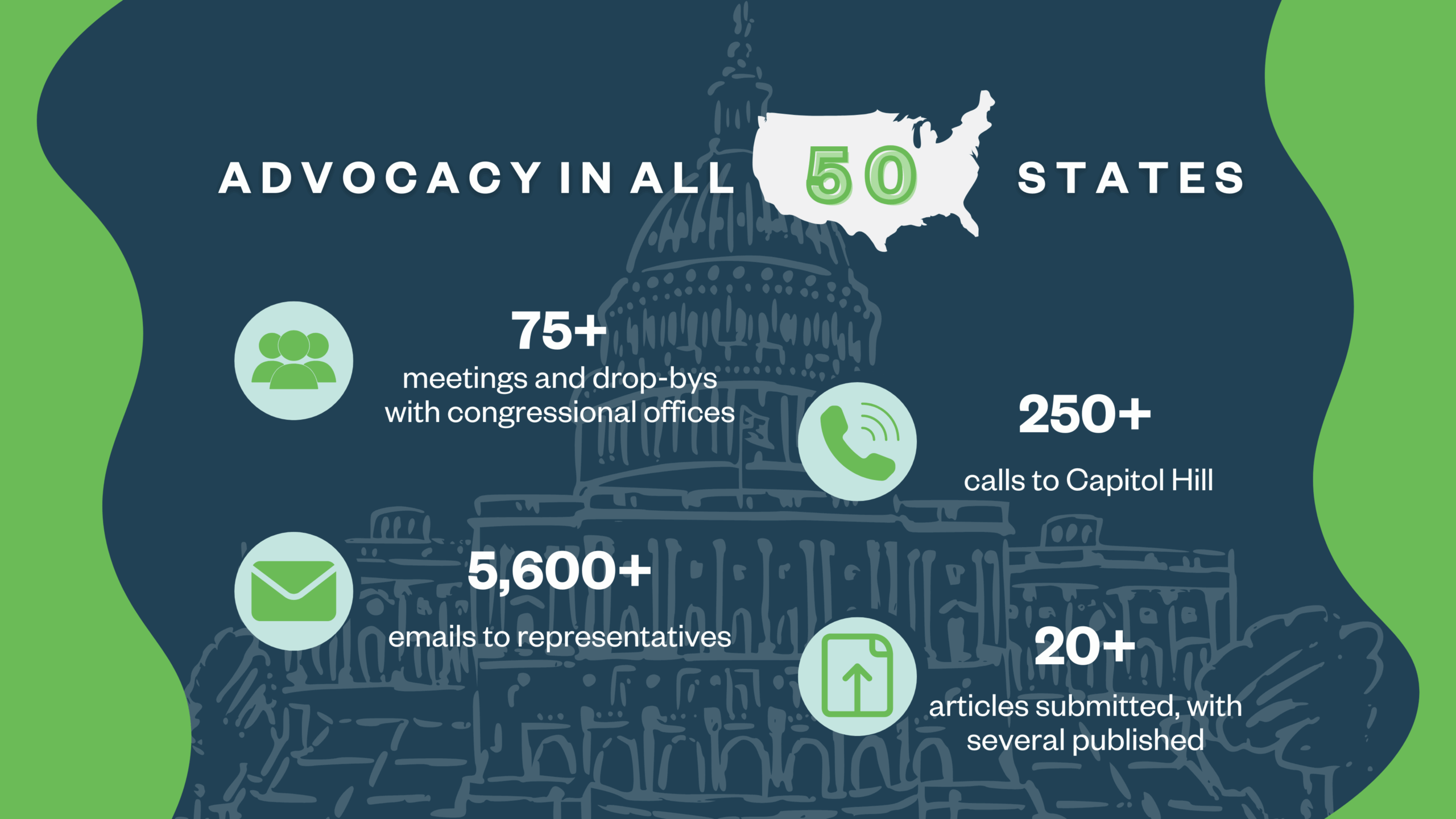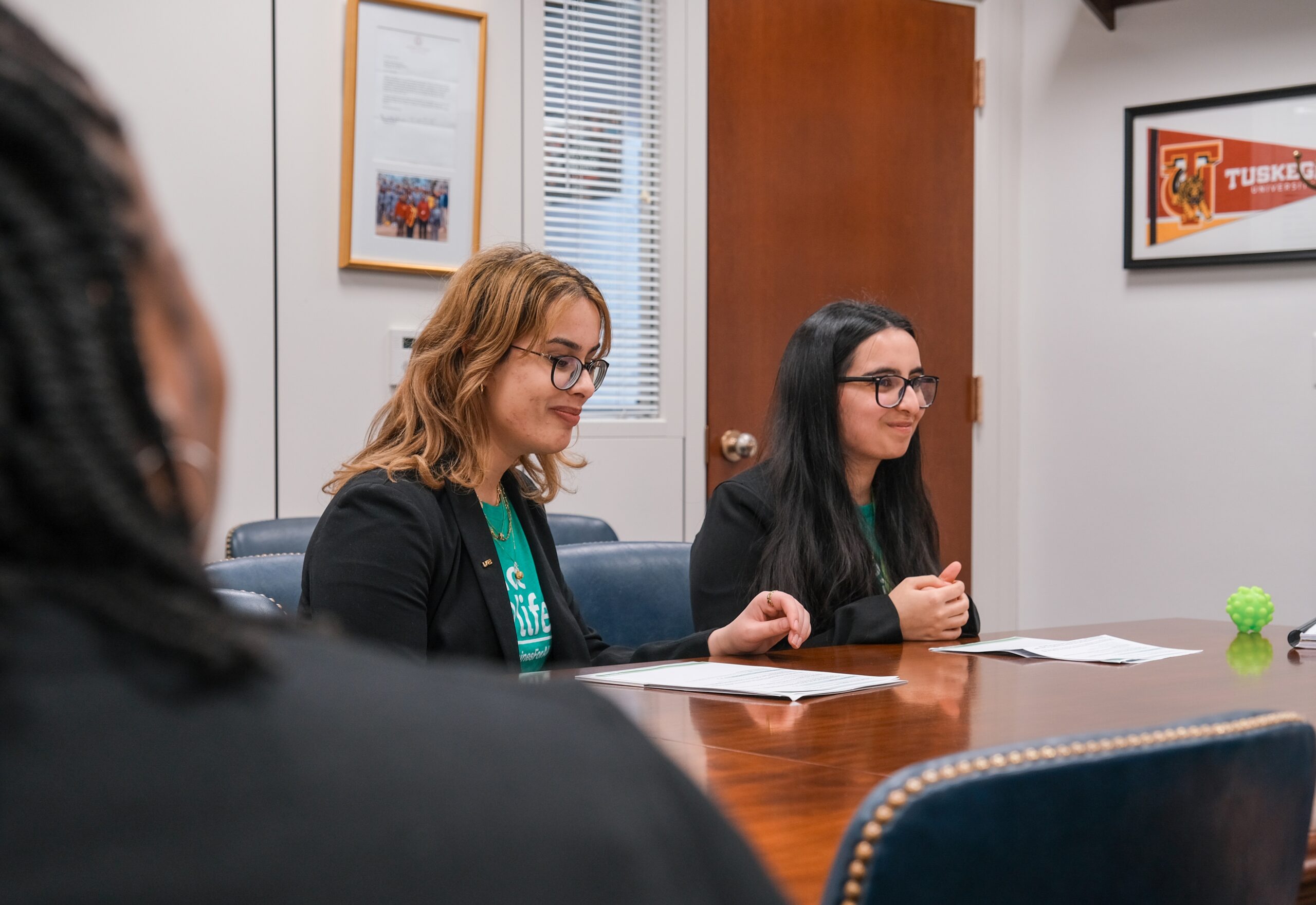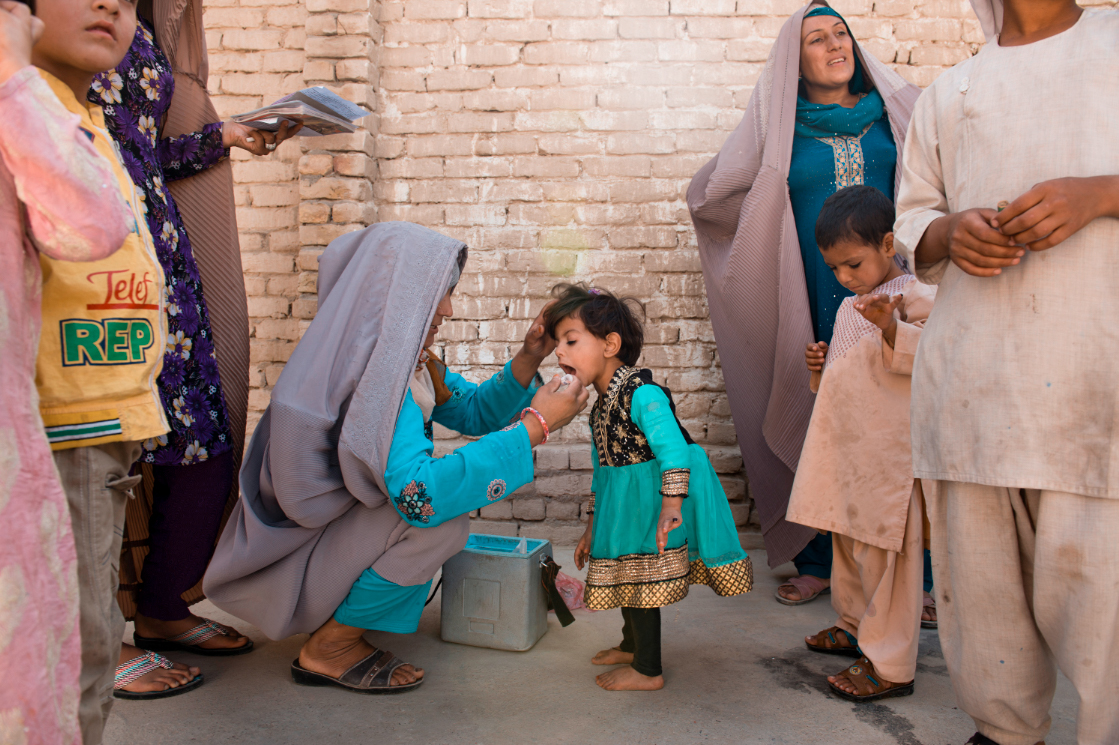Funding Gavi’s Next 5 Years
Gavi’s high-level pledging summit, currently underway in Brussels, is a reminder that in an ever-uncertain global health landscape, immunization efforts remain steadfast.
The Silent Emergency of Rising Displacement
123.2 million people were forced to flee their home in 2024—that’s one in every 67 people on earth. This World Refugee Day, we are reminded of the urgent need to support forcibly displaced populations among surging conflict and health crises.
An Opportunity to Commit to Disease Elimination
The President's Budget Request for FY26 cuts overall global health spending while prioritizing polio and malaria. We can make historic progress against these diseases, but only if U.S. and multilateral programs are fully funded.
The 78th World Health Assembly
The World Health Assembly just wrapped and once again, it was a big year for immunization. Here’s what you need to know.
Advocate to Vaccinate 2025 Roundup
In the midst of a rapidly changing global health landscape, we have reached the end of another successful Advocate to Vaccinate. Over the last six weeks, Shot@Life Champions mobilized in all 50 states to advocate for lifesaving global immunization programs to their policymakers.
Vaccines: The Best Investment to Save Lives
Investing in vaccine programs creates immeasurable returns—from economic prosperity to decreased mortality rates. In this blog, Wajiha Mekki delves into immunization's return on investment and the advocacy efforts needed to get there.
The Power of Collaboration: World Immunization Week 2025
Today kicks off World Immunization Week, a reminder of our progress and the road ahead in global immunization.
Overcoming the Overlooked: The Role of Nomadic Communities in Polio Eradication
Despite global progress against polio, challenges remain, especially in reaching Afghanistan’s Kuchi (Kochi) nomads, a historically underserved population.
Shot@Life Campaign Urges Congress to Continue Funding Lifesaving Global Vaccination Programs
Shot@Life Senior Director Cara Ciullo released the following statement on the proposed withdrawal of U.S. support for Gavi, the Vaccine Alliance.
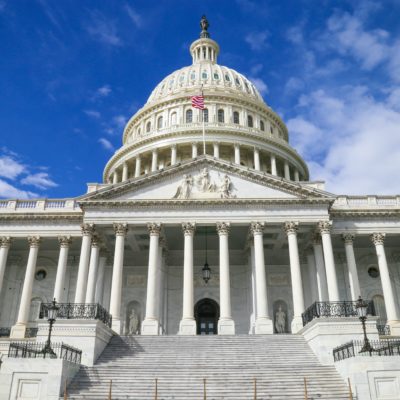
Cornell Represents On the Hill to Advocate for Vaccine Access
Cornell Champions' advocacy with Shot@Life highlighted on the Weill Cornell website.
Follow us on Instagram
In a powerful demonstration of global coordination and scientific agility, the World Health Organization has swiftly updated the 2026-2027 Northern Hemisphere seasonal influenza vaccine to match the rapidly spreading subclade K variant.
After just 4 days of consultation through the Global Influenza Surveillance and Response System, experts from around the world finalized the new composition—helping countries prepare with the best possible protection. Despite leaving WHO earlier this year, U.S. experts participated.
When viruses evolve quickly, rapid, evidence-based updates like this are essential—and global cooperation delivered again.
Mar 2

Good news alert! 🚨 Next-generation flu vaccines could prevent 18 billion cases and save 6.2 million lives by 2050 while also mitigating AMR.
Current flu vaccines work—but protection only lasts one season, and effectiveness varies. Next-gen vaccines aim to offer broader, longer-lasting protection across multiple strains, reaching high-risk groups more effectively.
46 next-generation vaccine candidates are already in clinical development. Science doesn’t stop. 💪
Feb 26

Did you know fewer than 20 viral particles can be enough to spread norovirus?
At the 2026 Winter Olympics, that translated to postponed games, team quarantines, and athletes missing the opening ceremony. Mass gatherings are a powerful reminder of how quickly illness can travel across a village, a venue, or a border.
Protecting people everywhere starts with strong public health systems and universal access to vaccines.
Want more on public health at the Olympics? Check out a blog from Olympics Games of the past. #linkinstory⬆️
Feb 24

In 2024, 120 million people were displaced—leaving millions of children without lifesaving immunizations.
A new WHO report has confirmed what we already know: immunization coverage collapses in crisis settings. When families flee, routine immunization is one of the first things lost, putting children at risk of preventable diseases in the most vulnerable moments of their lives.
Our #HealthyStart for Refugee Children initiative is working to change that. Get involved today at shotatlife.org/healthystart
Feb 20

The U.S. withdrew from @who. #NYC joined it anyway.
In the face of federal pullback and changing vaccine guidance, New York just plugged directly into the WHO’s global outbreak and response network, alongside California, Illinois, and a growing coalition of states.
Networks like these aren’t symbolic. They’re how local health authorities ensure they get early warnings on emerging pathogens, up-to-date immunization guidance, and access to epidemiologists when outbreaks hit.
Local action can help fill national gaps—because health isn’t political.
Feb 18

We were honored to be joined by @SenJohnCurtis, recipient of our 2026 Congressional Champion Award, at our National Advocacy Summit.
We are grateful for his leadership and commitment to global health. American global health programs save lives around the world and keep Americans safe from dangerous diseases. Thanks to leaders like Senator Curtis, they continue to enjoy bipartisan support in Washington and continue to deliver for our country and the world.
Feb 12

That’s a wrap on the Shot@Life and United to Beat Malaria National Advocacy Summit, and once again, we are blown away by the dedication, inspiration, and passion spread by you, our global health Champions.
Nearly 100 of our top advocates—representing key districts across 38 states—came together to deliver urgent messages to Congress about the importance of global immunization and malaria prevention. In these times of uncertainty and newfound challenges to global health, raising our voices is more important than ever to ensure a safer, healthier world for all.
Stay tuned—our bi-annual advocacy mobilization is fast approaching, and we need YOUR help to keep the momentum! #GlobalHealthforUS #GlobalHealthStartsWithMe
Feb 11

From a powerful keynote address by former U.S. Surgeon General @jeromeadamsmd to some face time with the creator of a vaccine that’s saved millions, day one of the first-ever Shot@Life and United to Beat Malaria National Advocacy Summit was nothing short of inspiring!
Champions got a peek behind the curtain at the current global health landscape—from innovations to renewed collaboration—and bolstered today’s advocacy with stories from experts in the field.
Here’s to #HealthforAll! 💚🧡
Feb 10

The time has come! Tune in next week as we welcome Champions for our first-ever joint National Advocacy Summit with @unitedtobeatmalaria. For those following along from home, stay tuned for other ways to get involved.
To those joining us in D.C., we can’t wait to see you! Your advocacy is more important now than ever before. #GlobalHealthforUS
Feb 6

In today’s global health environment, fostering relationships and telling YOUR story is more powerful than ever.
Hear from @rameshferris, polio survivor and advocate, about the importance of connection. After all, teamwork makes the dream work!
Feb 5

In 2025, only 39 cases of naturally occurring wild poliovirus were recorded, down from 350,000 annually in the 1980s, thanks to vaccines and global cooperation.
But polio eradication presents a catch-22: the live oral vaccine that’s been so effective can rarely mutate and cause vaccine-derived polio in under-vaccinated areas. High vaccination rates everywhere are critical to preventing this phenomenon, and bringing a decades-long global eradication campaign to the finish line. #endpolio
Feb 4

Cervical cancer is preventable—and the HPV vaccine is why.
As #CervicalCancer Awareness Month comes to a close, the message is simple: we have the tools to end cervical cancer in this lifetime.
Learn more about the HPV vaccine with a familiar face, College Ambassador @wxjiha.
Jan 30

Become a Shot@Life Champion
Are you ready to increase your commitment to fight for global vaccine equity? Sign up for an advocacy training and become a Shot@Life Champion!
Join Us